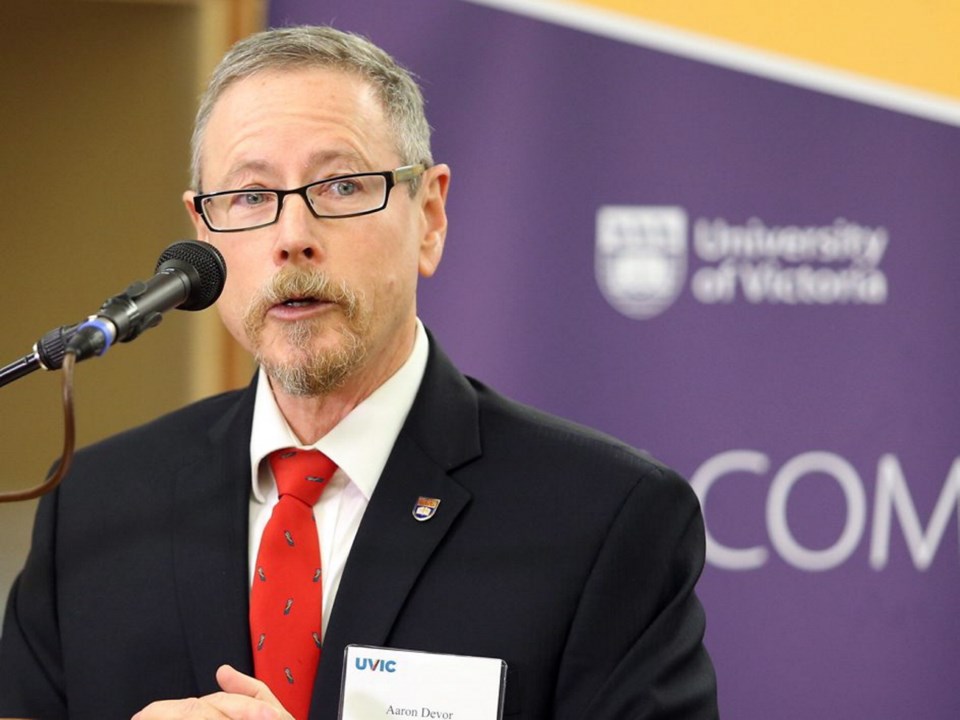When Sooke trans woman Chrys Tei heard gender expression and identity would be added to the B.C. Human Rights Code, she reacted with some disbelief.
“When I got the call, I broke up a bit,” Tei said. “It’s kind of hard to believe. When people try to do something together for so long, sometimes it seems like it’s never going to happen.” She was referring to a bill passed by the Liberal government Monday, adding specific protections for transgender people.
Tei, who is executive director of the Rainbow Health Co-operative and has also worked with the Victoria Pride Society, is one of many trans advocates who have pushed for change behind the scenes for years. This legislation will give people like her more leverage in making claims for equal rights, she said, in arenas such as medical access.
“It’s a good day for all British Columbians, when we let people of all diversities participate equally, and make it known.”
Aaron Devor, founder and academic director of the University of Victoria’s Transgender Archive, said it’s important to explicitly protect gender-variant individuals.
“It sends a clear message to the public that this is the policy of British Columbia and this is the expected behaviour of all residents of British Columbia. That’s a very important message that will make a difference in terms of trans people feeling confident they can assert their rights and sending a message to the public that trans people do have these rights.”
Brae Carnes advocated for similar legislation on the federal level through a “bathroom selfie” campaign.
“It is very validating to see specific protection for ourselves written in law,” she said.
Some say it’s not enough. Vancouver-based lawyer barbara findlay, who spells her name in lower case, has filed a lawsuit on behalf of eight complainants calling for the removal of the “M” or “F” from birth certificates.
“Though [the Liberals] are claiming credit for the addition of gender identity and expression to the Human Rights Code — something we think is a very good thing — they are at the same time refusing to remove gender markers from the certificates of newborns in B.C.,” findlay said.
Findlay will argue the case against the province’s Vital Statistics Agency at the B.C. Human Rights Tribunal in December.
Birth certificates technically identify “sex,” not “gender,” but findlay said they are intended to be used for a person’s lifetime and are used as gender markers.
Gender can’t be identified at birth and some people don’t identify as strictly male or female. “There are two problems: Putting gender on birth certificates at all, when nobody can know. And they only have two choices,” findlay said. — Lindsay Kines and Amy Smart



